This article may contain affiliate links. See our disclaimer for more information.
You are here because you are wondering how to pay off debt quickly. And I am here to show you! Debt can be detrimental to your finances. If you want to learn more about debt, check out our article on Good Debt vs. Bad Debt!
There are many reasons to pay off debt quickly, including saving on the high interest rates that many debts offer, and peace of mind when it comes to your financial wellbeing. It can be intimidating to pay off debt, especially when you have a large pool of it.
We won’t focus on how you go into debt in the first place, we’re just here to help you pay off that debt quickly. Here are the steps you need to take.
1. Understand Your Debt
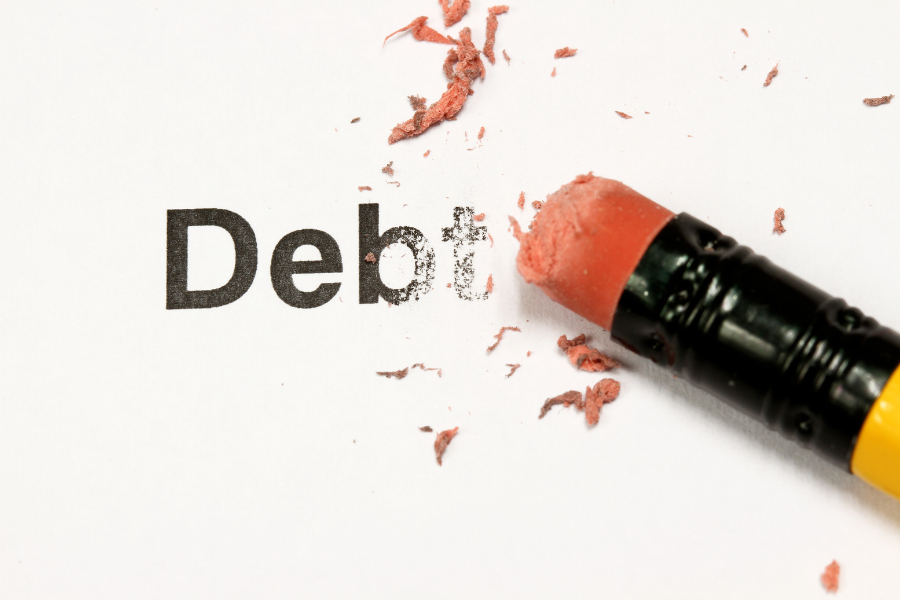
In order to best pay your debt off quickly, it’s important to know and understand all the debt that you have accumulated. I highly recommend writing out a comprehensive list, and not leaving anything out. Here are some common debts:
- Credit Card
- Student Loans
- Mortgage
- Payday Loans
- Car Loan
Write out a list that includes every single debt you have. Include the amount, interest rate and minimum payment. Trust me, knowing this will help you pay off debt quickly. With the specifics in mind, you can easily break down the best way to pay off your debt, and where to add any extra income to.
2. Assess Your Finances
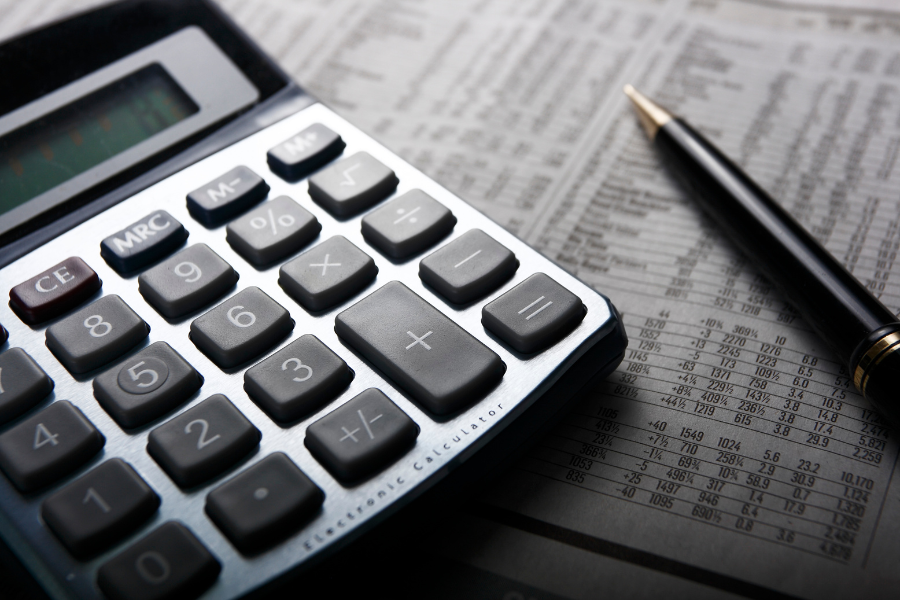
The second step to pay off your debt quickly is to assess your current financial status. It is important to know how much money you have coming in and out every month so you know how much you can put toward your debt payment. This will help you understand how much of your money can be allocated toward debt repayment. It may also help you determine if you feel it is necessary to generate some extra income to put you on the path to debt free living.
3. Create a Budget

You need to create a budget. The best way to pay off debt quickly is to know exactly where all of your money is. That way you can allocate all of your extra funds toward debt. It will also give you a clear picture of all of your finances. Look for places where you can trim back on spending and assign those extra savings to your debt.
When paying off debt is your priority, I highly recommend the zero based budget method. WIth this method, every single dollar has a job. At the end of each month, or after each paycheck, you should have assigned each dollar to an area, and anything that is remaining should be extra payment toward your debt.
4. Set Clear Goals
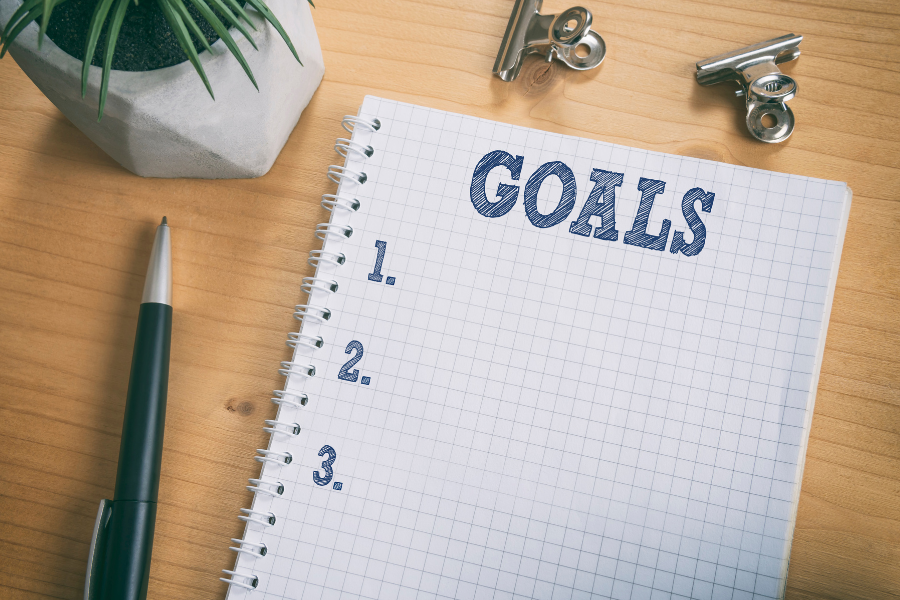
Be sure to set realistic and clear goals to pay off debt quickly. Unrealistic expectations can be discouraging. Small wins are more motivating and help keep you on track. Imagine you needed to pay off $100,000 and you make $30,000 a year. Would it be realistic to set a goal to pay off all of your debt in one year? No, obviously it would not. And when the end of the year comes around and you haven’t met your goal, you will become discouraged and are more likely to get off track.
You will start to have thoughts such as “I’ll never pay off this debt, it’s too much,” or “what’s the point, it’s normal to be in debt?” It’s not too much debt. You can clear it away with smart planning and clear goals. I also think we need to stop normalizing being in debt. Let’s make free spending, financial freedom and having flexibility with your money normal.
When tackling a large amount of debt, it’s usually best to create short and long term goals. Keeping track of milestones will encourage you to stick with your debt repayment strategy. Set small, achievable goals that add up to larger long-term goals to clear that debt away. Even if you don’t make those goals, striving to reach them will ultimately help you in the long run.
5. Choose a Debt Paydown Method
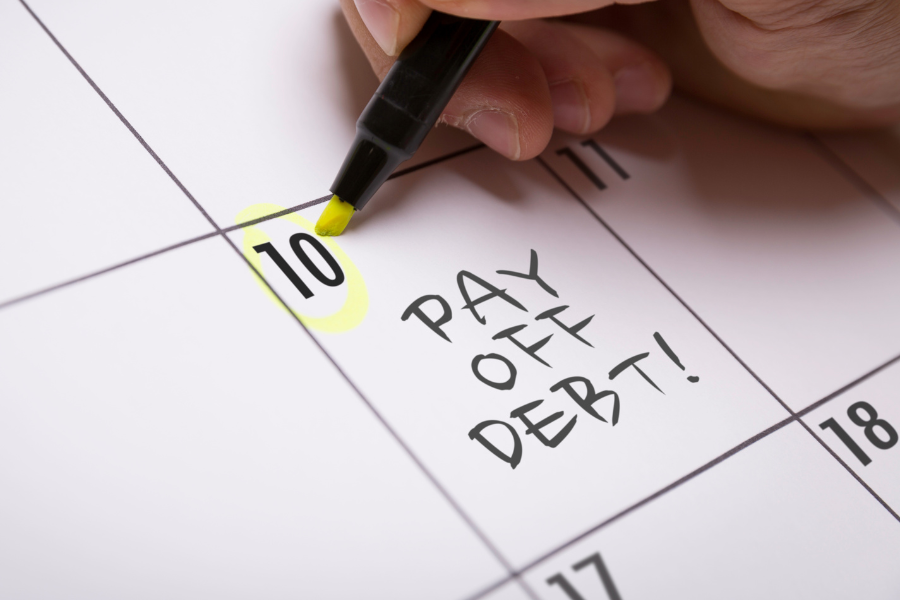
Knowing how you are going to pay down your debt keeps you on track and prevents you from floundering every month. Let’s say after you create your budget, you determine you can put an extra $200 toward your debt every month. What are you going to do with that money? This is where your debt repayment strategy will come into play. It will tell you exactly where that extra money is going. I will outline some of the most popular strategies below.
- Debt Avalanche: With this method, you’ll take that debt list we made in step two and order them from highest interest rate to lowest. This method will likely save you the most money. You will put all of your extra money toward the highest interest account first until it is paid off, saving you significant amounts of money on interest. You then take all of the money you were paying toward that loan each month, and apply it to the next loan. You follow this process until your debt is gone! The biggest con to this method is that it can be discouraging to start. Especially if you have significant debt, you will not see big changes right away. This could cause you to give up, but we promise, if you stick with it, you will save a lot of money on interest.
- Debt Snowball: With the debt snowball method, take that same list of debt, and order it from smallest amount of debt to the highest. Instead of paying off the highest interest first, you pay off the lowest valued debt first. All of your extra dedicated debt payoff funds will go to the smallest amount until it is wiped out. You will then take how much you were paying to that debt and put it toward the next. This will create a snowball effect in which your debt payoff will get rolling faster and faster until it is completely wiped out. The biggest con with this method is that you may end up paying more over time, since you are not paying off the higher interest amounts first. It is, however, more motivating to watch that debt disappear,
- Debt Consolidation: With debt consolidation, you put all of your debt into one basket, so to speak. Usually with the help of a debt consolidation company, you will have one lump loan to pay off, rather than a bunch of separate ones. Hopefully, you can get this loan at a lower interest rate than your current loan. This makes your loans more manageable, and easier to keep track of. You also don’t have to decide where to allocate your extra funds to – they will all go to your one loan. The biggest problem with debt consolidation is they may not be available for everyone. Each lender sets up their own requirements, and usually you need a decent credit score.
Do any of these methods sound good to you? Look at your whole financial picture, and how you make decisions emotionally. Are you motivated by smaller wins? The Debt Snowball may be the method for you. Do you have no problem staying on track even with minimal visible results to start? Try the Debt Avalanche method. Each debt payoff strategy comes with their pros and cons, and it is up to you to determine which one will work best for you.
6. Additional Income and Cost-Cutting

Remember how earlier, when we talked about a budget, we mentioned looking for places where you can trim back? Now is the time to really look at it. Every extra cent, no matter how insignificant it may seem, can have a significant impact on your debt repayment. There’s no way canceling a subscription will save me that much money, you argue. Let me prove you wrong with an example.
Let’s say you bought a $200,000 house. You put down 10% so your loan with the bank is $180,000. It’s a thirty year mortgage. Rate’s aren’t great right now, so let’s say you take the loan at 7% interest. You decide to cancel your Netflix subscription and contribute the extra $15 per month toward your mortgage payoff. I want to repeat that. It’s just $15 per month. You shave 1 year and two months off your loan. That’s kind of nice, right? It gets better. By adding an extra $15 per month you save $12,185 on interest. Now, you did pay extra, so I won’t say you came away with that whole $12,185. In order to save on that interest, you did pay an extra $15 per month, for 346 months. So you paid $5,146 to save $12,185. Overall, you saved just shy of $7,000. Just by canceling Netflix.
Still think small amounts don’t matter? What would you do with an extra $7,000 in your pocket?
Take a good look at your budget and see if there’s any other costs you can cut. The more money you can put toward your debt, the quicker it will be paid off.
Another way to pay down debt quicker is to generate some additional income. This can be done by:
- Getting a second job
- Starting a side hustle
- Freelance work
Bonus Tip: Take any extra income you get throughout the year and apply it to your debt. Bonuses from work, unexpected windfalls, and tax returns will all give that debt payoff a significant boost, and help you pay off debt faster.
7. Negotiate With Creditors

Did you know that some creditors will negotiate with you on interest rates, or help create a payment plan, just because you called? I’ll let you in on a little secret. They want their money. While many institutions make a portion of their money off of interest rates, they would be willing to sacrifice a lower rate, just to get their money back. It would be beneficial for them to negotiate your rates, rather than have you default on your loan and risk not getting any of their money.
Here are some tips for talking with creditors:
- Be honest: if they catch you in a lie, your trust is compromised and they will be less likely to work with you
- Explain your situation: Let them know why you’re calling, what you’re looking for, and why lowering your interest rate, or setting up a payment plan, would benefit them.
- Know the terms: Be prepared with what terms you are looking for and be prepared to do a little negotiating.
- Know what you can afford: Be prepared when you call with what you can actually afford. The last thing you need is to negotiate to terms and then to discover you can’t meet those either
- Get your agreement in writing: If you and your creditor come to an agreement, make sure you get it in writing. The last thing you need is a he said – she said phone conversation that makes your financial issues worse.
- Don’t wait until it’s too late: If you are struggling with this debt, don’t wait until you’re in collections to call. At that point, the creditor will no longer speak to you.
8. Be Consistent
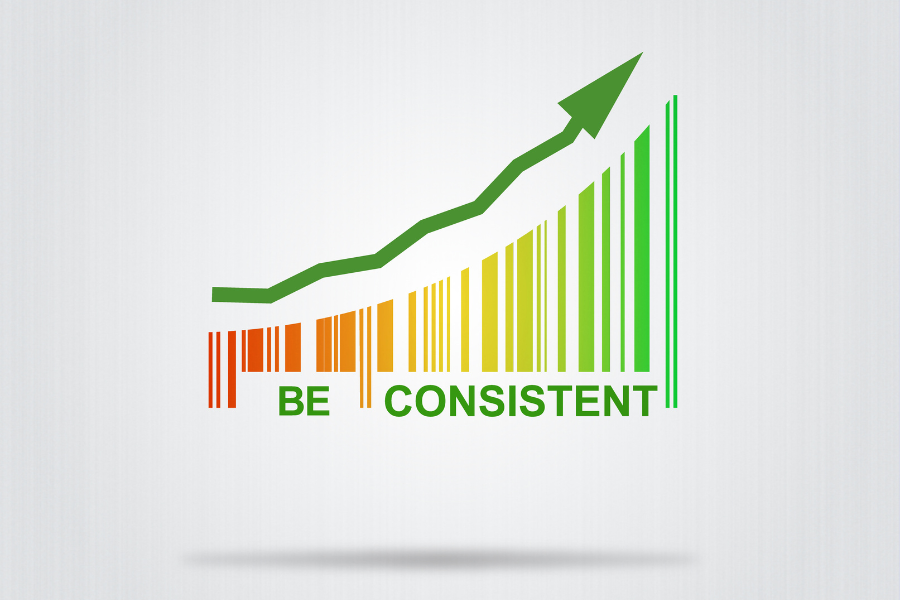
If paying off debt has become your goal, then it needs to be your number one financial priority. Every time you have an impulse to buy or splurge, you need to remind yourself what you are focusing on and what impact that spend could have on your debt paydown journey. You need to stick with your goals, and consistently pay that debt down. It can be easy to get off track, but stick with it and focus on your end goal. If you commit to paying off an extra $200 per month until you are debt free, keep paying that $200 no matter what comes your way. Consistency over time will go much further than telling yourself you’ll make up for it next month. You won’t, you know you won’t.
9. Stay Motivated
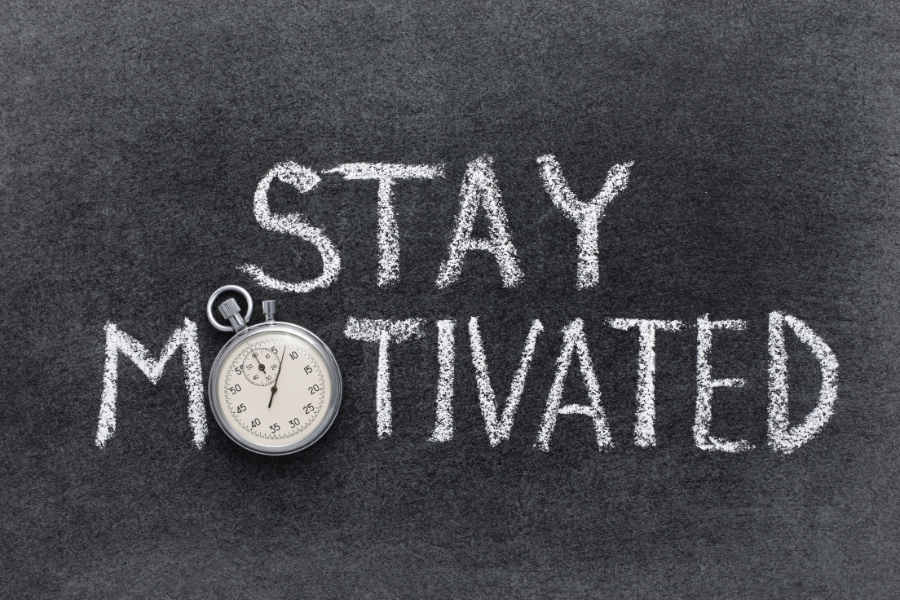
What motivates you? Small little wins? A prize after each milestone is reached? Find out what works for you, and use that motivation to stay consistent. It is the best way to pay off debt quickly. Here are some ways to stay motivated:
- Celebrate milestones: Treating yourself to something small (nothing big, you don’t want to go back into debt for a reward), at each milestone will help keep you motivated and on track. Small things like going out to dinner, Allowing yourself a small splurge, or even just sharing your debt paydown win can be incentive enough to keep you going
- Find a support system: Whether it’s family, friends, or a random stranger, having a support system to celebrate your wins with, or to reach out to when you want to go off track, is extremely beneficial. Sometimes all we need is that little extra push from someone to do what we know we should.
- Debt payoff tracker: If you’re a visual person, then debt payoff trackers are for you. This is one of my personal favorite methods to stay motivated. Once I’ve filled in a section of my payoff, I stay extra motivated, both because I don’t want to have to go back because I got back into debt, and because it’s satisfying to see those tracking squares get filled in.
10. Celebrate Your Successes

It’s important to celebrate every single win, and the final payoff. We celebrate birthdays, graduations and promotions, why not celebrate something equally as important: paying off your debt.
The best way to pay off debt quickly is to find extra money to go toward the payoff, and stay consistent with your goals. Remember to know where your money is, remember why you want to pay off debt, and keep yourself motivated with whatever method works for you. The longer you wait, the more interest you accrue, so get out there and start paying off that debt. Work through the methods above and you will pay off debt quickly.


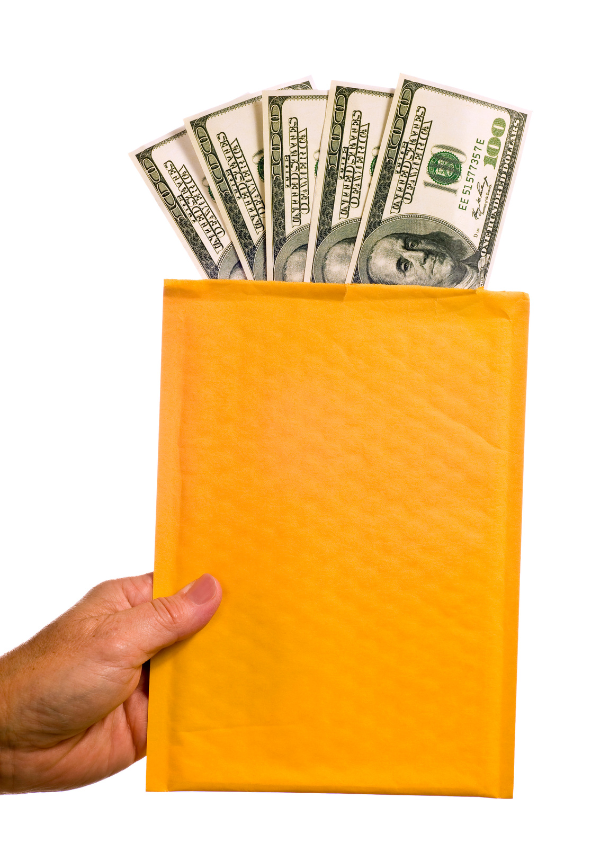



[…] you’ve read any of our other articles such as How to Pay Off Debt Quickly and How to Save 1000 Dollars you should now know that the first step is always to assess your […]